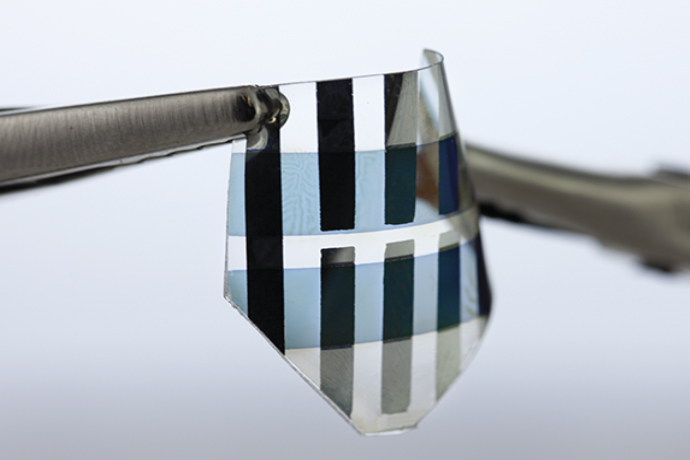Advanced & Quantum Materials

New materials enable researchers to explore key basic science questions and develop deep tech to tackle the most pressing challenges faced by humankind.
Advanced material science will continue to lead to breakthroughs in the energy, health, safety, security and information sectors, whereas quantum materials are enabling novel quantum phases of matter with disruptive properties. Further innovation in this field will lead to improved and novel technologies that will continue to impact on society in the coming years and decades.
Activities
Materials with unique properties lie behind most technology innovations. ICFO takes this a step further by developing disruptive new technologies ranging from:
Nanomaterials & surfaces
We are developing fundamental understanding of species such as semiconductor nanocrystals, quantum dots, nanoparticle & graphene plasmonics, 2D material polaritons & organic photovoltaic compounds. Technologies using thin films & nanostructured surfaces show potential for energy generation & storage, optoelectronics, smart drug-delivery & cancer therapies, bioassays, advanced health sensing, food quality inspection, data connectivity, enhanced vision & neuromorphic architectures.
Graphene & low dimensional materials
Work on 0D materials (such as quantum dots), 1D materials (such as carbon nanotubes) & 2D materials (such as graphene, atomically thin materials, & moiré heterostructures) has enabled ICFO to explore new optoelectronic, topological & electromechanical phenomena, wide spectrum photodetection devices, advanced light emitters & potential next generation technologies for communications & sensing applications.
Quantum (condensed matter) materials
ICFO’s groundbreaking quantum materials research, exploring novel quantum phases of matter that can emerge from interactions among electrons, the topology of their energy bands and quantum interference, will play a significant role in emerging technologies such as quantum sensors & quantum simulators.
Fundamental material research
By developing research on light-matter interactions & condensed matter physics, ICFO seeks to answer open questions on optically switchable material properties, unconventional superconductors & cavity quantum electrodynamics. Moreover, nanoantennas provide a deeper understanding of cell biology, whereas ultrafast & non-linear optics help to unveil a multitude of fundamental phenomena.
Groups
We investigate quantum electrical, mechanical, and optical properties of nanofabricated devices based on condensed matter systems, such as twisted bilayer graphene and carbon nanotube.
Our group works in a highly interdisciplinary field which fuses ultrafast laser physics, extreme nonlinear optics, atomic and molecular physics, SXR spectroscopy, X-ray optics, UHV technology, and electron-ion coincidence imaging techniques.
We explore the fascinating and interdisciplinary world of quantum interactions between matter and light confined to the nanoscale, to uncover rich new phenomena and powerful applications.
We leverage the optical response of nanostructured materials to explore new physical phenomena including the manipulation of free electrons and their application in achieving sending and spectromicroscopy with unprecedented spatial, temporal, and energy resolution
We employ solution-processed functional nanomaterials to address current challenges in optoelectronics, imaging, sensing and renewable energies.
The quantum nano-optoelectronics group, led by Prof. Koppens, studies interactions between light and 2D materials for quantum technologies and novel ways of manipulating materials
The Quantum Optics Theory (QOT) group works on a wide range of topics of theoretical physics from quantum optics aand laser physics through quantum information science and quantum technologies to quantum field theory.
Our research focuses on the design, implementation and study of new nano-photonic configurations to transform sunlight into other forms of energy
We aim to harness thermal radiation by tailoring light-matter interactions at subwavelength scales.
We study and develop new advanced materials, devices and systems for information and communication technologies, in particular displays, image sensors and cybersecurity.
We focus on the study the correlated phases that emerge in two-dimensional systems by means of low-temperature Scanning Tunneling Microscopy and Spectroscopy (STM/STS).
Our group performs quantum simulations with ultracold quantum gases, using atoms to engineer novel forms of quantum matter and to solve problems that are hard to tackle by classical means.